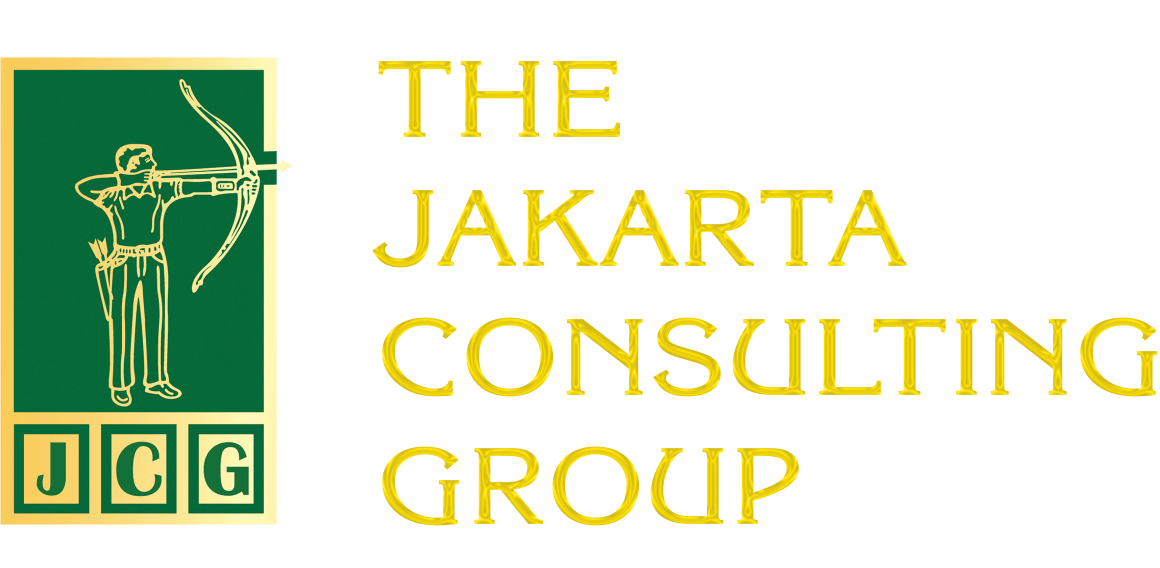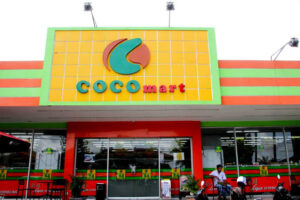Amidst the current global economic turmoil, effective leadership styles are becoming increasingly crucial. The tariff policies implemented by US President Donald Trump, for example, have increased economic uncertainty and created new challenges for businesses in various countries, including Indonesia. Leaders now have to deal with high tariffs, dynamic alliances, and unpredictable policies.
These policies have disrupted supply chains, increased operating costs for companies, and made markets more volatile. Although there are signs that Trump is opening the door to tariff negotiations with other countries, widespread uncertainty remains a major obstacle for businesses.
The Effects of US Tariff Policies
The Organization for Economic Cooperation and Development (OECD) reports that tariff policies are slowing economic growth in the United States and globally, while contributing to rising inflation. The OECD estimates that US economic growth will slow to 2.2% in 2025 and 1.6% in 2026, down from 2.8% in 2024. Inflation is expected to rise to 2.8% in 2025, up from 2.5% in 2024.
Even before Trump’s tariffs, the world was experiencing unprecedented change, especially in the wake of the pandemic. These changes range from technological disruption and the artificial intelligence (AI) revolution, to cyber security threats accompanying increased online activity, to growing demands for sustainability, and to changes in the way people work (marked by the emergence of new trends in the world of work). Therefore, effective leadership styles are needed by every organization to survive and thrive in this era of change.
What Should Leaders Do?

Leaders who adopt effective leadership styles must always be ready to adjust their strategies to respond to rapidly changing market dynamics. This means that leaders must diligently monitor global developments and be agile in adjusting business operations accordingly.
Boeing, under CEO Kelly Ortberg, proactively sought alternative markets for up to 50 aircraft originally intended for China. The company began redirecting these aircraft to other global customers, capitalizing on strong international demand. Despite the setback, Boeing reported smaller losses in the first quarter of 2025.
Effective leadership must maintain open lines of communication with organizational stakeholders. This is crucial. Stakeholders must understand the impact of external factors, such as the economy and international trade, on business decisions. Through transparent communication, mutual trust can be built during times of uncertainty.
Risk Management Strategy
Uncertainty always brings risk. Therefore, organizations must have risk management in place. Effective leadership must always prepare a well-thought-out risk management plan. By developing a comprehensive risk management plan, companies can predict potential disruptions. This is done by conducting scenario analysis to understand the impact of various policies, while also preparing contingency plans to address them.
An example of this is what Chocoladefabriken Lindt & Sprüngli AG, a Swiss confectionery company founded in 1845 and famous for its chocolate truffles and chocolate bars, did. Trade tensions and fluctuating tariffs prompted Lindt to reconsider its supply chain strategy, particularly with regard to the Canadian market.
Instead of immediately shifting its Canadian supply sources from the US to Europe, Lindt opted to temporarily increase its inventory levels in Canada. This approach allowed the company to reduce potential supply disruptions while monitoring the evolving trade situation.
Innovation in the Face of Adversity

In challenging times, what sets one organization apart from another is innovation. Effective leadership consistently drives organizations toward innovation. By investing in research and development, companies can create new products or services that are more resilient to external shocks. Additionally, adapting to digital transformation can enhance operational efficiency while expanding market opportunities.
Building solid international cooperation is also one of the characteristics of effective leadership. In this way, organizations can increase business flexibility. By expanding markets and establishing collaborations, companies can reduce their dependence on a single country and be better prepared to face geopolitical turmoil.
An example is BlueScope Steel Limited, an Australian flat steel producer. BlueScope Steel’s exports from Australia to the US are subject to tariffs despite significant investments in its US operations. In response, BlueScope collaborated with Australian trade and diplomatic staff, as well as US congressional representatives, to advocate for tariff exemptions.
The company highlighted its $5 billion investment across 16 U.S. states and its employment of over 4,000 American steel workers to strengthen its case. BlueScope produces over 3 million tons of steel annually at its NorthStar BlueScope plant in Delta, Ohio.
Related Posts:
Inspiring Stories of Local Entrepreneurs: Tip Top Supermarket
When Leaders Stifle Organizational Development
Beyond the Glitz of Tourism: The Story of Coco Group and Their Survival Strategy in Bali
Leadership Responsibility Behind Organizational Decline
Leadership as the Hidden Art: The Invisible Work That Shapes Teams











